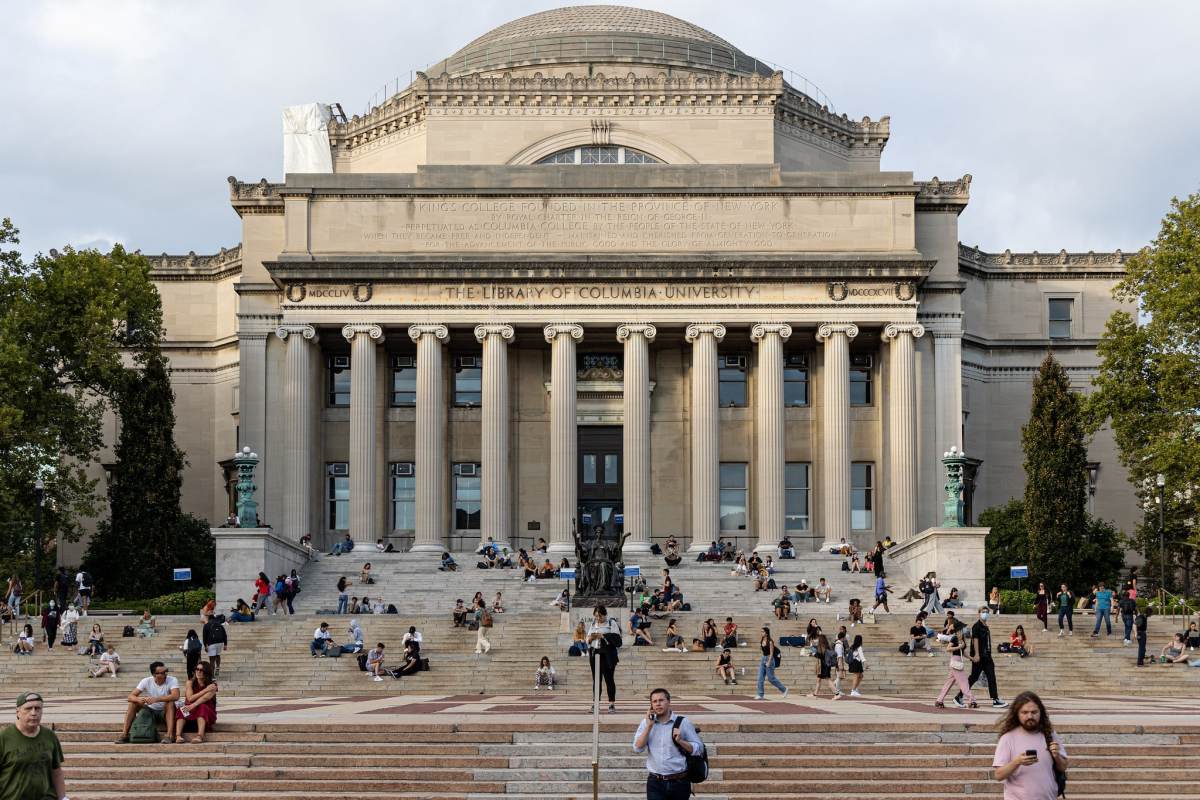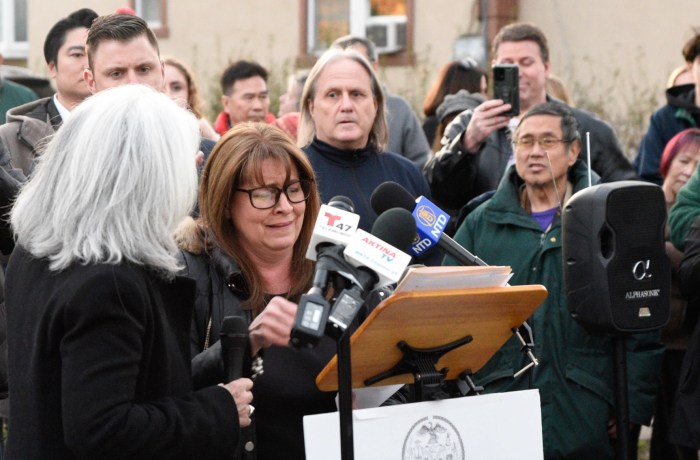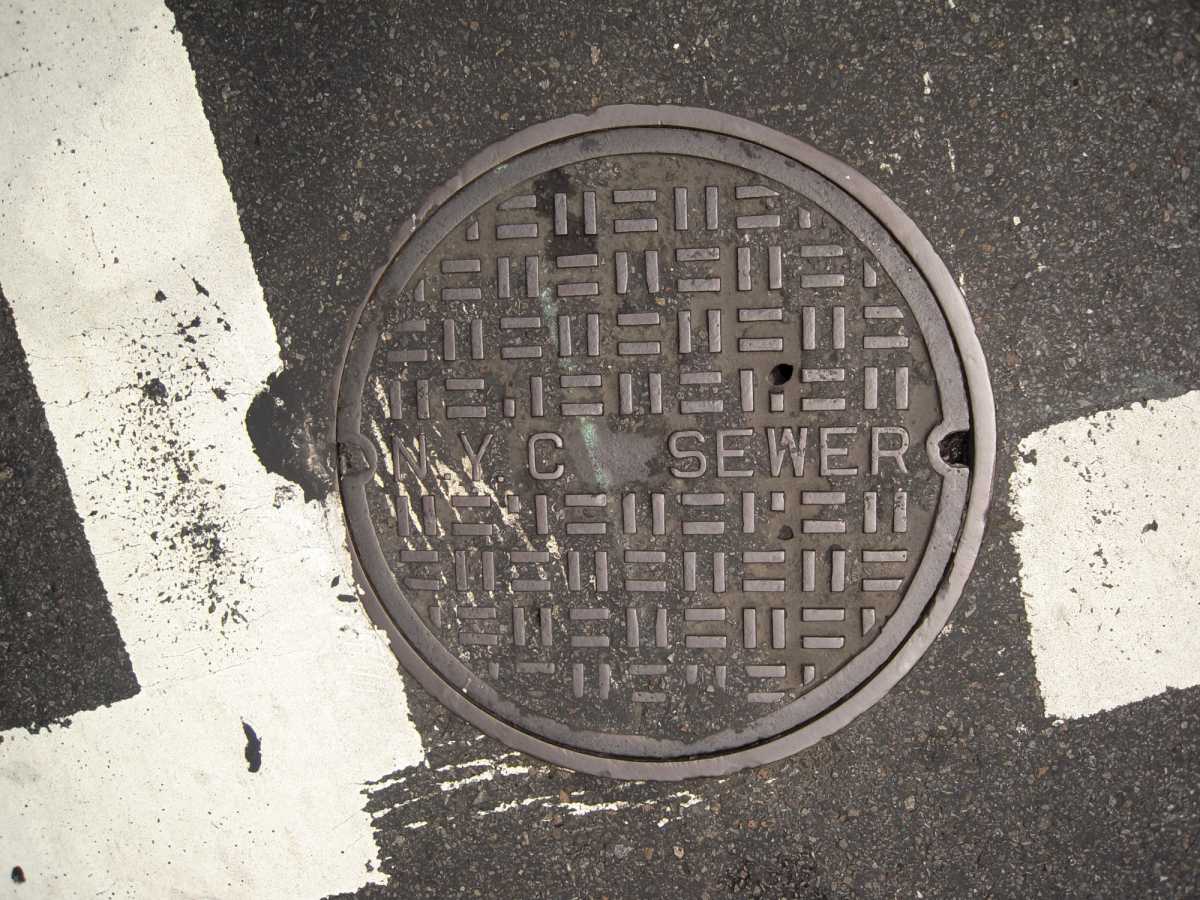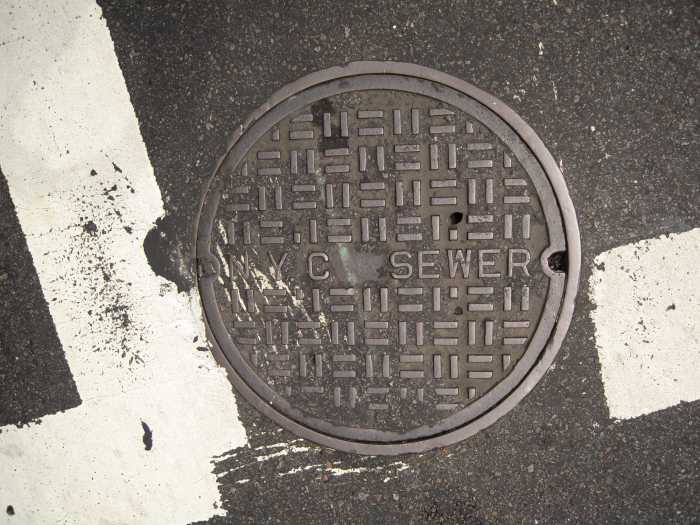State lawmakers will propose legislation this week to revoke the lofty property tax exemptions enjoyed by Columbia University and New York University (NYU), with the revenue from the wealthy institutions redirected to the financially embattled City University of New York (CUNY).
The legislation — dubbed Repeal Egregious Property Accumulation and Invest it Right, or REPAIR — is set to be introduced on Tuesday by Assemblymember Zohran Mamdani and Senator John Liu, both Democrats from Queens. The bill sets its sights squarely on Columbia and NYU, the state’s largest and wealthiest private universities, which for decades have dodged property taxes thanks to state law even as they each became some of the largest landlords in New York City.
Collectively, the two institutions avoided $327 million in taxes this year that they would have to pay if the bill passed, according to the New York Times, which first reported the news.
CUNY, meanwhile, has been in financial distress for decades. For years, politicians have shrunk subsidies the state and city send to the public university system — which has about a quarter million students across 25 campuses — while raising tuition that students, disproportionately low-income and non-white, must pay to attend. Most recently, city officials have taken a hatchet to CUNY finances during repeated rounds of budget cuts as the Adams administration responds to the migrant crisis.
“At a time when CUNY faces budget cut after budget cut and is in a constant state of disrepair, Columbia and NYU — two of the largest property holders in NYC — are exempted from paying property taxes,” Mamdani said in a statement. “It’s time that these institutions pay their debts to the working class of New York City.”
The tax exemption is enshrined in the state constitution, and would require a lengthy process to unwind. Albany lawmakers would have to approve the measure in not one, but two consecutive legislative sessions, after which the proposal would go directly before the state’s voters at the ballot box.
Attending Columbia or NYU costs about $90,000 annually, including the costs of tuition, room and board, and miscellaneous costs. Each school has an endowment worth billions of dollars, and both own millions of square feet of real estate. Columbia and NYU have grown their property portfolios extensively in recent decades, dominating Morningside Heights and Greenwich Village respectively.
Columbia spokesperson Samantha Slater said that despite the hubbub, the university contributes to the community and city’s vitality. She noted the university’s research averted the full shutdown of the L train in 2019, while during the COVID-19 pandemic, the university converted its athletic complex as a field hospital and opened its dorms to healthcare workers. The university has pledged $170 million in investments in the local community since 2009, she said, including in affordable housing, parks, and mass transit.
“We are reviewing the legislation but will underscore that we are a world-class research university and, beyond the financial resources we provide to our local community — from Morningside Heights to Harlem, Washington Heights and the city at large — we also have substantial economic impact through research, staff and faculty time investment, space to the community and other support,” said Slater. “Columbia has longed served as one of the major economic drivers of the city.”
NYU spokesperson John Beckman did not return a request for comment.
NYU reported owning $8.3 billion in real estate and equipment assets in its 2022 990 tax form, while Columbia reported $6 billion in holdings. Each collects tens of millions of dollars in rent each year from tenants, and also derives substantial revenue from patient care at their affiliated hospitals. Each university has long been accused of facilitating gentrification by some local groups.
While NYU and Columbia have expanded, accumulating wealth and power, the same cannot be said of CUNY. Students at CUNY’s 25 colleges often go to class in decrepit buildings and learn about Shakespeare and Nietzsche with rats and cockroaches as schoolmates.
These days, the majority of CUNY’s faculty is made up of adjuncts. Lecturers’ pay starts at $5,500 per class per semester, and adjuncts often teach courses at multiple schools, leaving little time for office hours or other advising.
Tuition stands at $3,465 per semester at senior colleges and $2,400 per semester at community colleges, a 73% and 71% jump respectively from 15 years ago. Most students receive some form of financial aid, although the state’s Tuition Assistance Program caps financial aid awards below the annual cost of tuition at senior colleges. At CUNY, 80% of students are people of color, 50% are from families earning less than $30,000 per year, and 45% are first-generation college students.
“Barred by state law from making wealthy, private universities like NYU and Columbia pay their fair share of property taxes, the city balances its budget by inflicting austerity on CUNY, the working people’s public university,” said James Davis, president of the Professional Staff Congress, a union repping thousands of CUNY staff. “NYU and Columbia can easily afford to pay their taxes. And Albany can make it happen by ending the property tax exemption for the wealthiest private colleges.”
A CUNY spokesperson declined to comment on the legislation, noting that it has not yet been introduced.
CUNY’s senior colleges, like City College, Brooklyn College, and Queens College, get most of their public subsidy from the state, but the system’s community colleges are much more reliant on city funding. As such, the Adams administration’s budget cuts have had an outsize impact on CUNY community colleges which are facing a staffing crunch as department heads are prohibited from filling vacant positions, according to a PSC spokesperson.
This article was updated on Dec. 13, 2023 with the new name of the REPAIR bill.
Read more: Gov. Hochul Proposes Overhaul of NY Schools Reading Standards


































